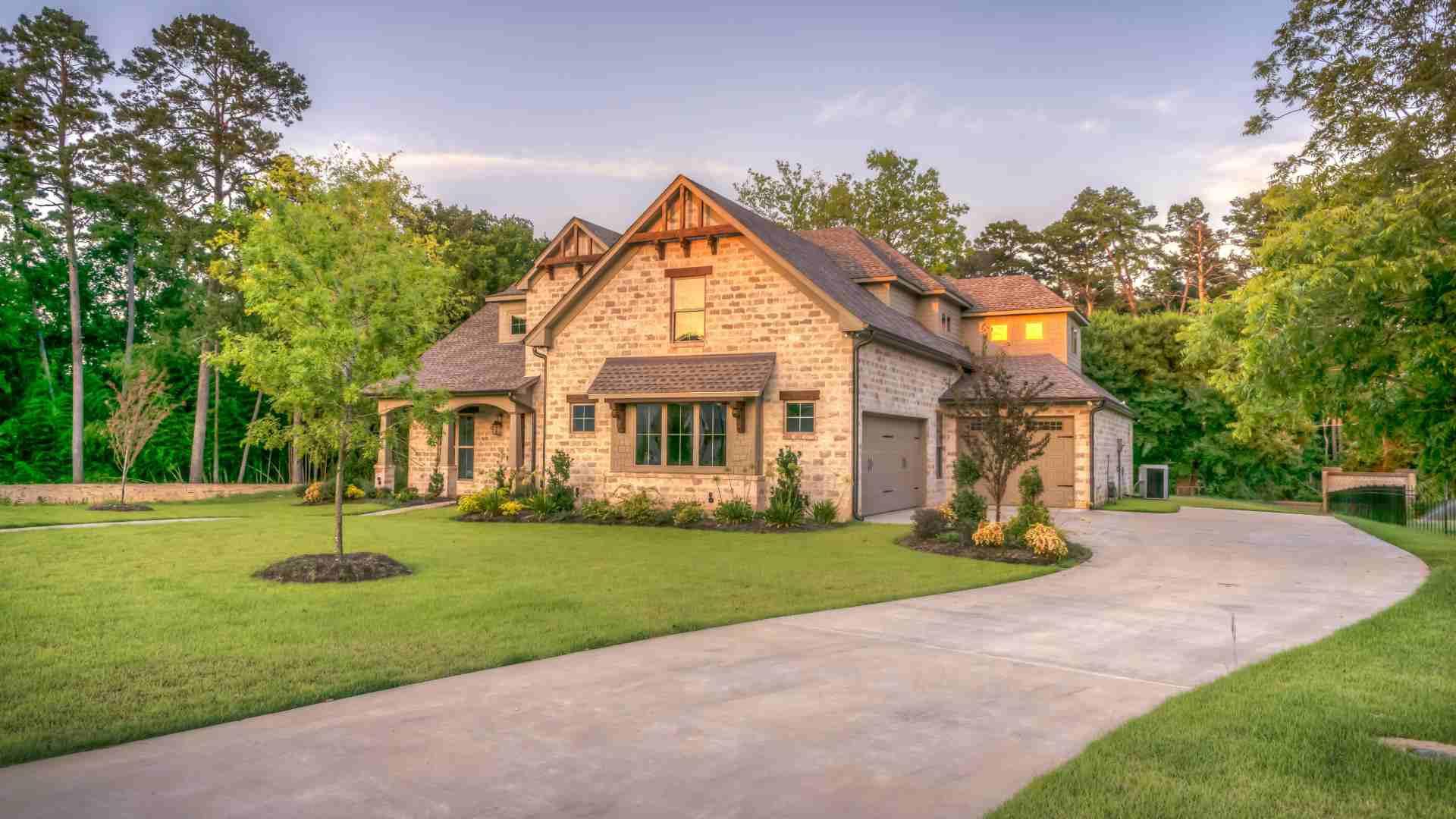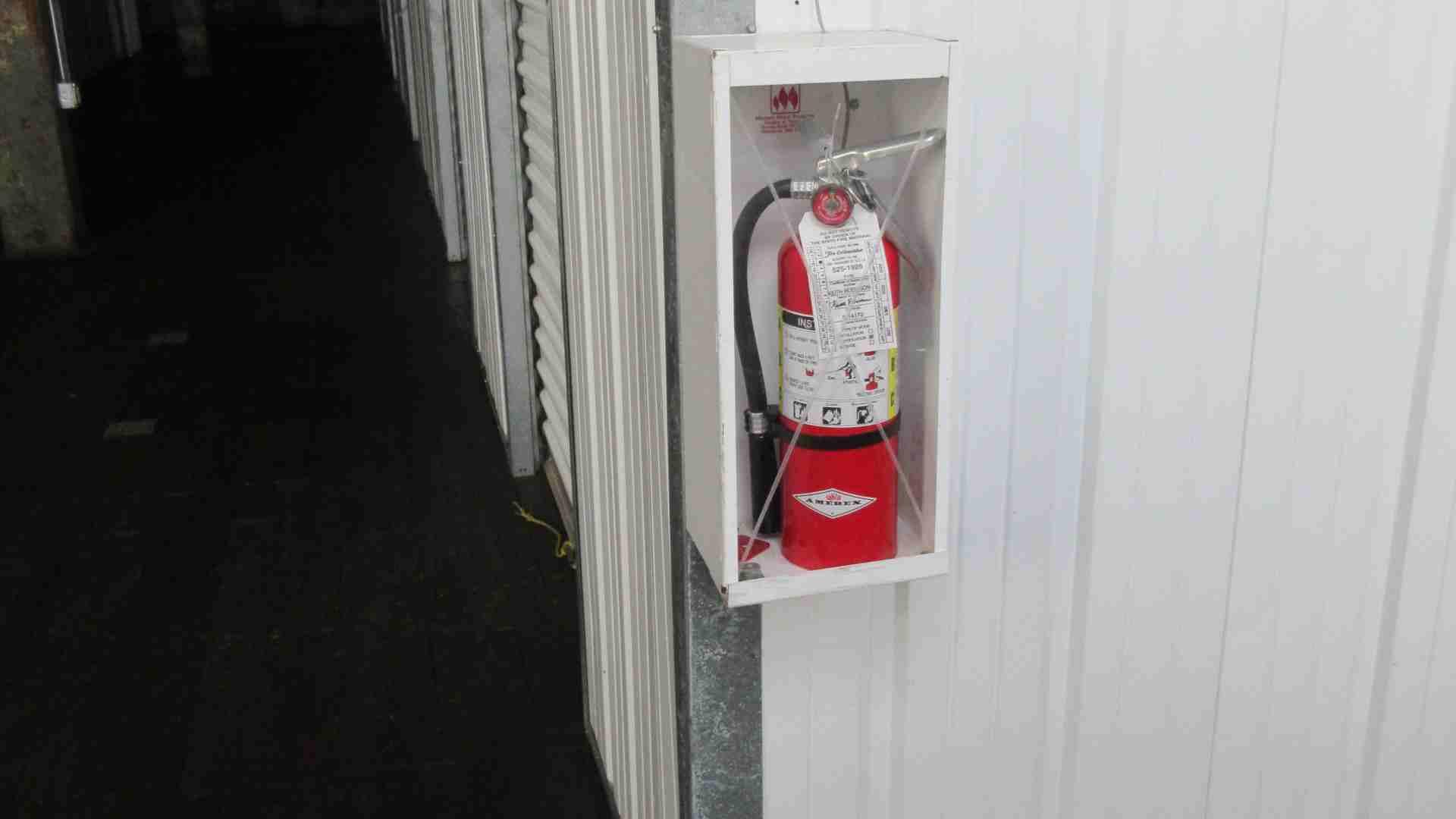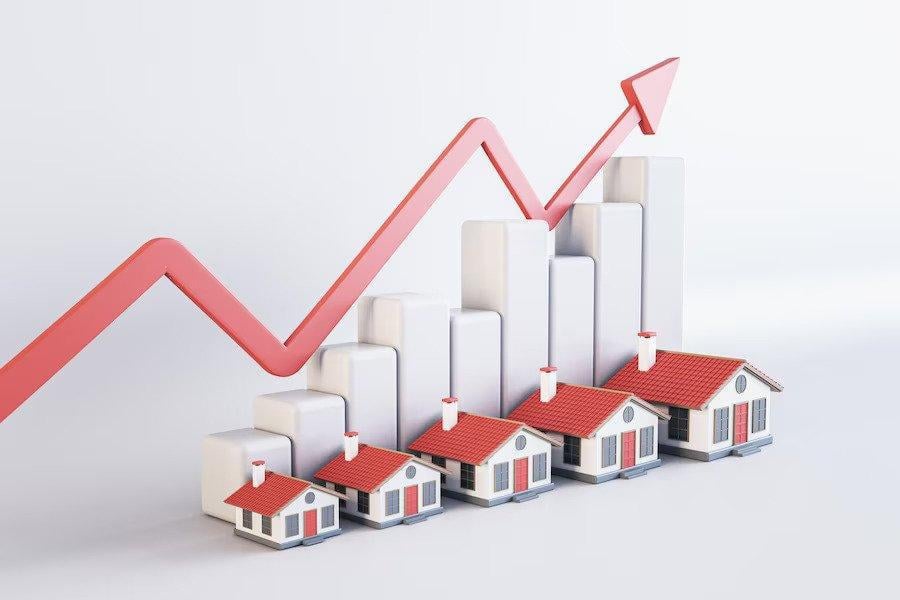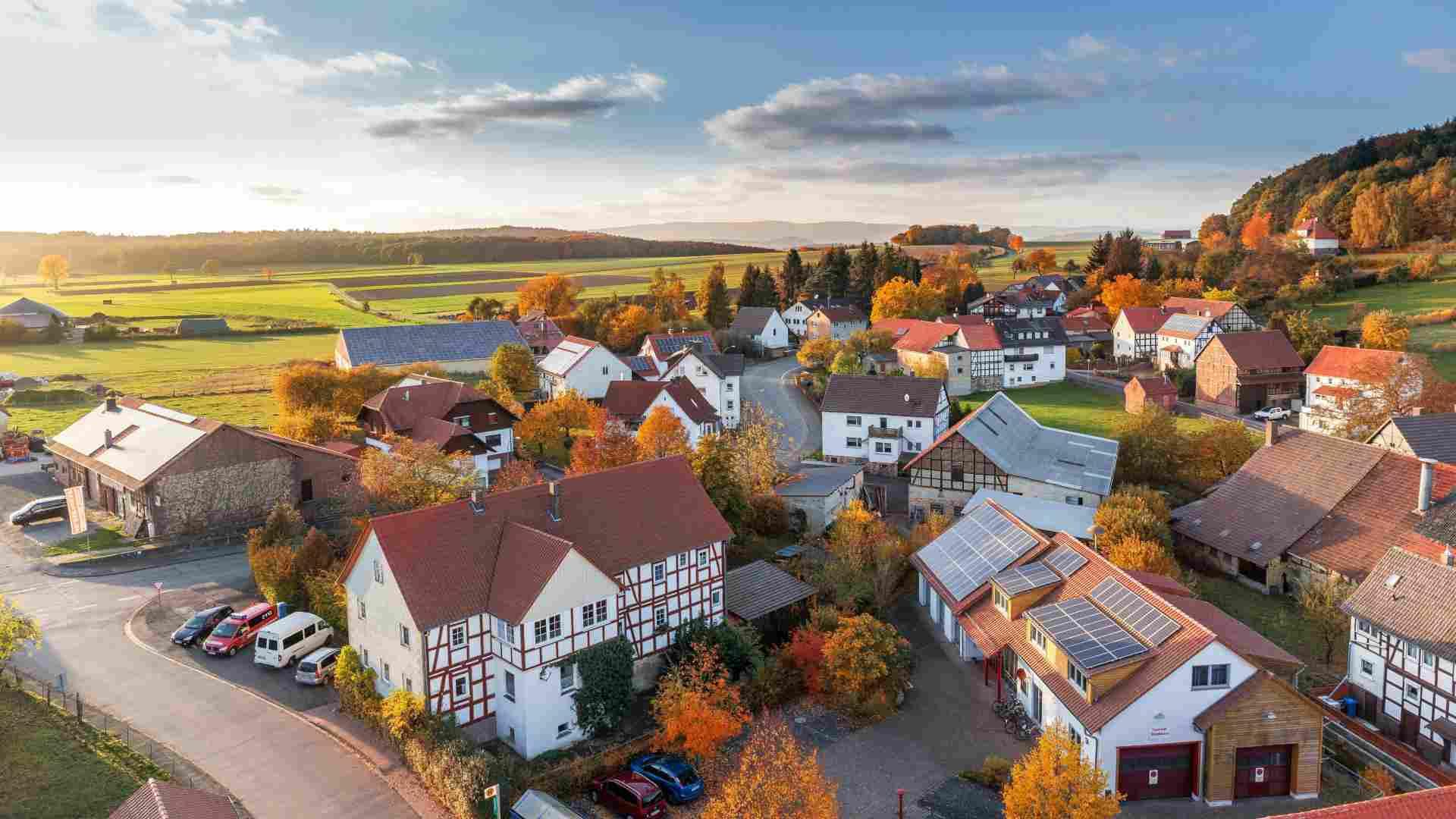The housing market just received a bad report from the National Association of Realtors (NAR), the BBC reported. The fewest number of homes were purchased by Americans since 1995.
Many factors have contributed to this 30-year low, with economists speculating that the current trajectory of the housing market is unsustainable. Americans are starting to see the prospect of homeownership as increasingly unattainable and unaffordable.
Economist Warns of Negative Effects

Lawrence Yun, a NAR economist, warned, “If price increases continue at the current pace, the country could accelerate into haves and have-nots” (via BBC).
He suggests that the way to combat the possibility of this future is to create a way for renters to work toward homeownership. One way to do this is to increase the supply of homes, which would drive down housing prices and attract more buyers.
High Inflation Rate

One of the driving forces behind the current state of the housing market is the high inflation rate in recent years.
As regular people feel the rising costs of things like gas, groceries, and utilities they have less income to invest into a down payment for a house. According to CNBC, 63% of American workers cannot afford an emergency $500 expense.
Federal Reserve and Interest Rates

In an effort to combat the effects of inflation, the Federal Reserve has been slowly increasing interest rates.
The Federal Reserve is the United States central bank and can greatly influence the economy by controlling the supply of money and regulating financial markets. Raising interest rates drives down aggregate demand, which should help combat the effects of inflation for people by lowering the prices of goods and services.
Rising Mortgage Rates

Mortgage rates are tied to interest rates. As interest rates increase, so do mortgage rates. In 2022, mortgage rates increased by 7% in response to the Federal Reserve raising interest rates.
With a higher mortgage rate, someone will pay more interest on a home loan. This has the effect of lowering the amount of people willing to enter the house-buying market. As seen by the NAR report, the combination of high inflation and rising interest rates have contributed to this 30-year low in home sales.
Home Prices Surge

According to the NAR, the median sale price of a home increased by 1% over the year to $389,800.
This new number represents an over 40% increase since 2019. This increase follows a housing price surge that happened during the pandemic. In just a few short years, people were paying so much more for a home, so it’s no wonder many are currently saving their money.
Effects of Low Wage Growth

American wages have been losing out to housing prices. The U.S. Bureau of Labor Statistics estimates that average weekly earnings are increasing between 3.4 and 3.8% per year.
Unfortunately, this means that housing prices are increasing faster than the average person’s wage growth. As housing prices continue to soar, this makes it even harder for the average person to save up for a down payment.
Alternative Home Arrangments

As people stay out of home buying they are looking for alternative ways to live. One man went viral for showing off his living situation in a storage unit.
Leland Brown Jr. posted a video to TikTok showing off a makeshift room he made in a storage unit he rented. In the video, he demonstrated how he charges his electronics, cooks from a gas grill, and utilizes the storage facility for maximum value.
Lack of Supply

One of the big drivers of low housing sales, especially in populated areas, is the lack of housing available.
This housing shortage in many areas means that prices are naturally going to rise. It also means that some might have difficulty selling because they cannot easily find a new home to move to.
Increasing Property Values Entice Investors

The value of an average American’s home has sharply increased in just a few years. According to Zillow, home values rose from $230,000 in 2020 to about $330,000 in 2023.
This surging price is the result of the perfect storm of all the mentioned economic factors. Investors and speculators are pumping up the value of housing on the assumption they can make money if prices continue to rise, which perpetuates the cycle.
Renters Are House-burdened

It isn’t just homebuyers who are suffering under the current market. Housing costs have also risen for renters, which means that more of their income is going to just paying their rent.
With less income saved, renters will take longer to save up for their down payment to become homeowners. Harvard University analyzed the market and determined that the number of renters who pay more than 30% of their income for housing reached a record high in 2021.
Homebuyers Looking for a Way Forward

Many potential housing buyers are currently locked out of the housing market with the way things stand. To reverse course, there needs to be an increase in the supply of homes, and the economy needs to recover to a point where people can afford them with their wages.
This means that home construction needs to start keeping up with demand. A solution to the affordable housing crisis could boost economic growth and benefit many Americans.
